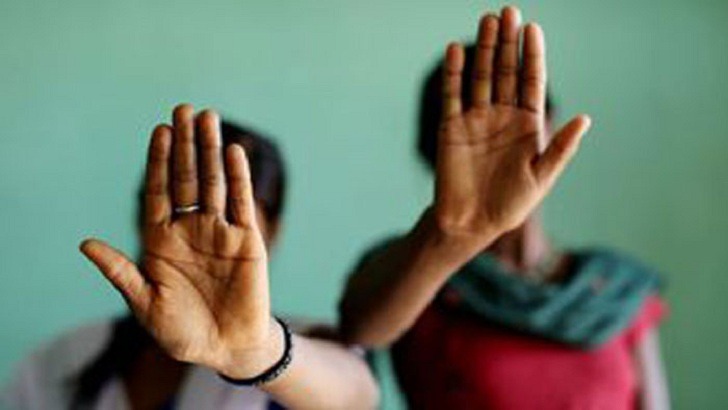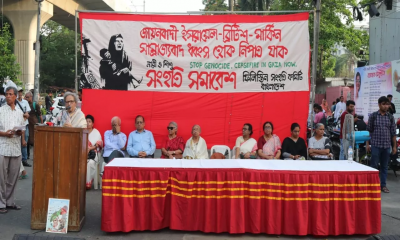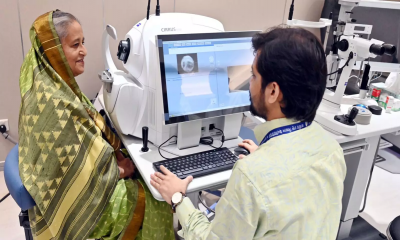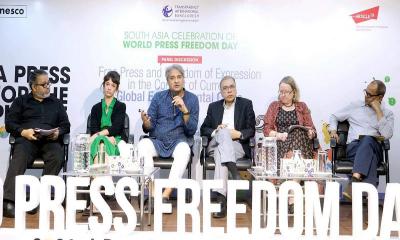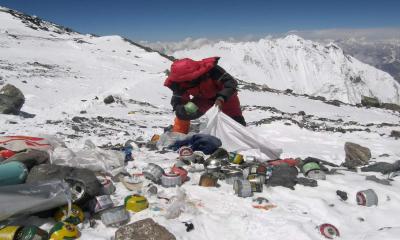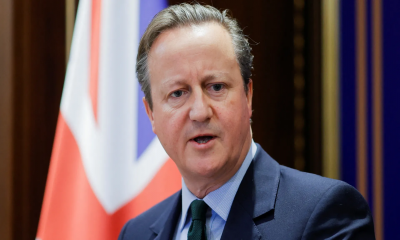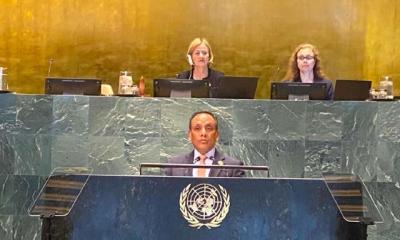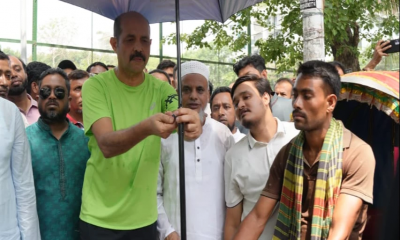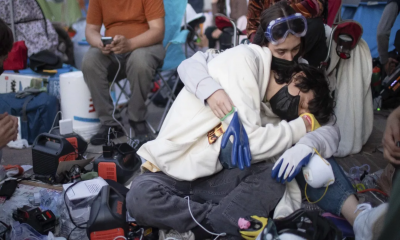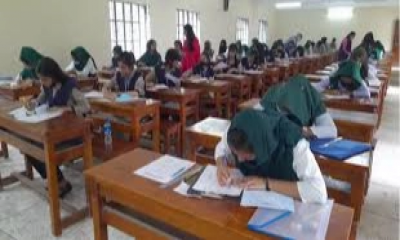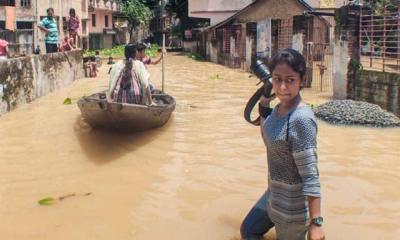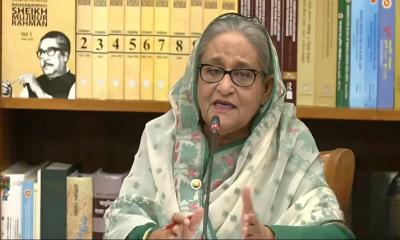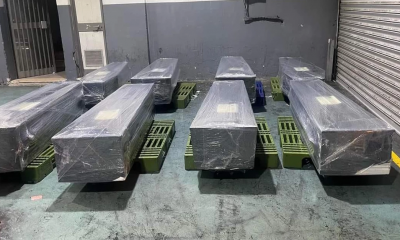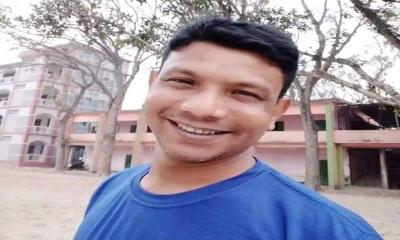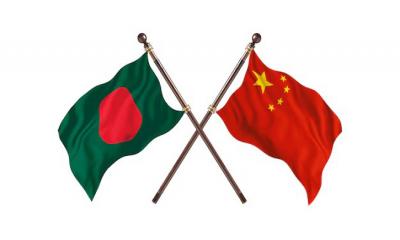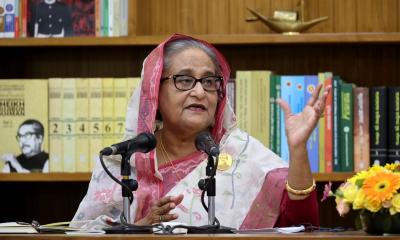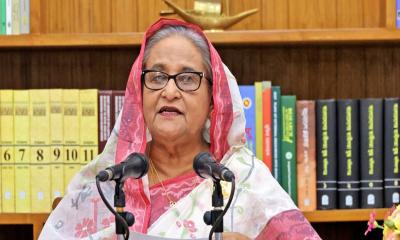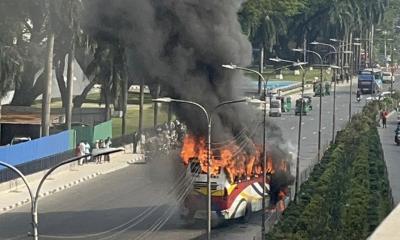Girls of Chittagong hill tracts are being trafficked into the marriage trap of Chinese nationals. There are several powerful groups active in Bangladesh and China in this misdemeanor.
Reportedly it is alleged that those involved in these gangs are persuading hill families by showing the lure of a better life. After that, young girls and teenagers are being trafficked to China. To facilitate this work, most of the time marriage setups are being arranged with the Chinese national in this country or fake marriage papers are being made.
In a report Ajker Patrika cited, gang members have trafficked more than 8,000 teenage girls to China in the last seven years. Some of them have been sold into prostitution. Again, many were detained and subjected to sexual abuse. Some fled to save their lives and returned home with painful memories.
Ajker Patrika said they contacted the Chinese Embassy in Dhaka regarding the trafficking of hill tracts girls with the cover of marriages in an email on April 15 in the name of marriage. The report said the embassy had not responded until Monday.
Police headquarters said they have no specific information on women trafficking in China.
Rangamati Superintendent of Police Mir Abu Tawhid said that no complaint was ever received from the victim`s family. But they are concerned about this matter.
Khagrachari Police Superintendent Mukta Dhar said, "No one has filed a complaint with the Khagrachari police about women trafficking."
However, the girl from Naniarchar upazila filed a missing diary at the police station two days after leaving the country. The diary also alleged the involvement of the two in this incident.
How they are being tageted?
Speaking with the relatives of the Nanyarchar victims, it has been discovered that six other individuals from the same locality accompanied the young woman on her journey to China. Among them, Lima Chakma`s name has surfaced within the trafficking network. She resided in a flat in the Barrister College area of Chittagong and had married a Chinese citizen a year prior, relocating to China. Lima`s siblings, Limon Chakma and Shovarani Chakma, are also involved in the criminal operation.
Investigations have unveiled that approximately 25-30 more individuals akin to Lima Chakma are actively engaged in trafficking within the hills. Conversations with multiple rescued women have revealed that a majority of trafficking victims hail from economically disadvantaged backgrounds. Due to familial neglect, parental unawareness, and the allure of marriage, employment, and citizenship opportunities in China, young girls are ensnared by Chinese traffickers. Some families of victims, preferring anonymity, lament that despite their inability to integrate into mainstream society due to educational backwardness, many are coerced into this perilous path.
Transaction ranges tk 8 lakhs to 20 lakhs
According to information gathered from locals and victims, the trafficking gang typically demands a minimum of 800,000 taka for transporting a woman. However, this sum varies depending on factors such as age and appearance, with younger girls fetching prices as high as 15 lakhs to 2 lakhs taka. The majority of these proceeds end up in the hands of the traffickers, with some portion allocated for expenses like passports, visas, and accommodation in Dhaka. Additionally, the victim`s family receives around 150,000 taka from these transactions.
In a Facebook conversation screenshot, a trafficker named Jassi Chakma pledged 400,000 taka to resolve a particular matter involving a woman. He also mentioned that the family of the woman intending to travel to China would receive money. However, the condition stipulated was that the girl must be delivered to Dhaka. Sajib Chakma is identified as the ringleader overseeing the activities within which Jassi Chakma operates.
Beauty enhancements to victims in Dhaka
Initially, targets are transported from the hill tracts to Dhaka to oversee the entire process. Upon arrival in the capital, women are kept for a month to undergo beauty enhancements. Subsequently, they are photographed and the images are forwarded to members of the trafficking network in China and Taiwan. If a woman catches the interest of a member, they arrange for a Chinese citizen to pose as a groom and send him to Bangladesh. A court marriage with a Chinese citizen is orchestrated to facilitate the acquisition of a visa. Following marriage, which can occur rapidly or after a span of two to three months, the woman can be taken to China.
A woman who returned home after enduring torture in China recounted being subjected to a form of auction upon arrival. Some were taken as legitimate wives, while others endured torment through confinement in homes or sex establishments.
What`s the local consensus?
On-the-Ground Observations Reveal Widespread Smuggling Across Hill Upazilas, With Dighinala in Rangamati Sadar, Jurachari, Barkal, Longadu, Kaukhali, and Khagrachari as Key Hotspots
Prakash Chakma, a resident of Pankhaiyapara in Khagrachari city, recounts an incident involving a missing school-educated girl from Dighinala, who was employed as a salesperson in his showroom. The girl disappeared in early March and was later discovered to have left Rangamati for Dhaka with intentions to marry and move to China.
Recent rescues by locals unveil the ongoing trafficking issue, with four schoolgirls saved from Ghagra in Kaukhali upazila of Rangamati. Chandra Dewan, head teacher of Ghagra High School, notes that three girls from the Ghagra area have been trafficked to China within a short span.
Who are the participants in the gang?
Seven to eight years ago, when the trafficking of women to China began, there were a couple of individuals involved. However, there are no longer any singular entities. Instead, an estimated 25-30 separate circles operate independently. These circles, akin to the one involved in trafficking, are actively seeking communication with Chinese groups to facilitate the desire of adolescent and young girls to travel to China.
According to relevant sources, a key active international member of the trafficking circle is Sonali Chakma. Despite being a Bangladeshi citizen, she resides abroad and leads this trafficking circle. Operating in accordance with her online directives, multiple groups are engaged within the country.
Allegations from informants suggest that several additional circles are implicated in trafficking. These circles include individuals such as Kali Chakma, Rika Chakma, Chhoto Kali Chakma, Priyanka Chakma, Piumoni Chakma, Nixson Chakma, Rikon Chakma, Rubita Chakma from Panchari Upazila, Puja Chakma from Rangamati, Heli Chakma, Popi Chakma from Sublang Union of Barkal Upazila, Barun Chakma, Asha Chakma, Sajib Chakma from Tegamukh area of Bhushanchhara Union, his younger sister Jyasi Chakma, Lisa Chakma, Supam Chakma from Naniarchar Upazila, Ripon Chakma from Majnapara of Ghagra Union in Gagradu Union of Kaokhali Upazila, his wife, Koko Chakma from the same area, and her husband, Shongkhamala Chakma from Rangamati town, Tukkupudi Chakma, Mita Chakma, Shyuli Chakma from Uluchohora village of Vedvedi Union, Limon Chakma from Manikchhari, Shova Rani Chakma, Anjali Chakma from the New Market area of Jura Chhari Upazila, Laki Chakma, Bakul Bala Chakma from Mandirachhara village of Dumudumya Union, along with their daughter Jotika Chakma, among others.
Concern of the community
President of the Chittagong Hill Tracts Citizens Committee, Gautam Dewan, remarked, "There has been a sudden surge in the number of women heading to China, according to reports from the community. However, we lack concrete information on the actual figures of women who have traveled to China."
Former Additional Inspector General of Bangladesh Police, Nav Bikram Kishore Tripura, emphasized, "The government must take proactive measures to prevent the trafficking of hill women. The embassy could consider seeking Interpol`s assistance to repatriate those who have fallen victim to deception."
Tasneem Siddiqui, founding president of the Refugee and Migratory Movements Research Unit (Ramru) and professor in the Political Science Department at Dhaka University, stated, "Efforts to curb women trafficking in India and Pakistan have yielded results. Now, trafficking has shifted focus to China. The government should enforce stricter regulations regarding marriages with foreigners to curb such trafficking. Additionally, raising awareness among hill dwellers is imperative, a responsibility that falls on the government."


